PostPartum and Your Care Plan: Part 2
Last week we talked about what the Postpartum time is and how to navigate the first minutes to days immediately post-birth. We talked about what recovery in hospital can look like and also when having a home or center birth.
This week we’re going to focus on what that first 7-10 days looks like. You will want to take notes and add some of these ideas to your own PostPartum plan and discuss with your Doula and other support.
Often times in a hospital birth, by day 3 of having a vaginal birth you are on your way home. For a c-section birth or a vaginal birth with complications, it is often day 4 or 5 when one is discharged. I always encourage my clients to chat with their night nurse before they are to go home, so that some of the paperwork, evaluations and sign-offs can be done ahead to expedite the discharge process.
Some of the instructions you will want to make sure you are understanding are:
How and when to take your pain medication. Also ask: what to do if you accidentally miss a dose?
What can you expect for your physical healing- any limitations?
When will you be seen for your postpartum follow up with your providers? Some are now doing a 2 week AND a 6 week visit which I love! Postpartum care should be as important as prenatal care and if given the option to have 2 check-ins with your provider post-birth I highly recommend it. There’s a lot to observe and heal from not just physically, but mentally and emotionally. Seeing your provider who knows you can help with any baby blues, postpartum depression and/or anxiety and other possible problems.
A side note- usually before leaving your hospital, the hospitalist will want you to have an appointment with your personal pediatrician scheduled for your first or second day home. This appointment is generally done to check baby’s weight and to go over any hospital notes or concerns. If you have had a home or birth-center birth, often your Midwife and team will provide both maternal and baby care for the first 6 weeks post birth.
Lets talk Bleeding: The medical term for this is: lochia or vaginal postpartum bleeding. Lochia can last for a few to many weeks postpartum. For the first 3-6 days you can expect to have bright red discharge bleeding. While there might be some clots, you should always call your provider if you have any clots bigger than a golf ball or if you are filling a maxi-pad in an hours time. As the bright red blood begins to subside, the amount of lochia will also decrease as well. Around day 5 or so, the discharge can change to a more darker red color and you will begin to experience less clots and “gushes”- some say its more like a menstrual period at this point, but it is different for everyone. Again, if you have any questions, please do not hesitate to ask your provider. Its not uncommon for some that after 2-3 weeks post-baby that their lochia has diminished completely. For others, it can continue until week 6 or 7. Another possibility is that your postpartum bleeding can ebb and flow- often times breast-feeding will cause cramping and intermittent bleeding. Also, if you have increased your activity levels (over-exerting can trigger more bleeding than usual and alert you to rest a bit longer) you may experiencing more bleeding at times as well.
Speaking of rest….. I once heard a midwife say “1 week in the bed, 1 week on the bed and 1 week around the bed”. The idea behind this sentiment- REST! No housework. Focus on your healing. Focus on breastfeeding your baby. Focus on bonding and learning babies cues for hunger and sleep. While 3 weeks with little-to-no activity may not be doable for everyone, it is recommended to rest as much as you can. Keep your nutrition and hydration consumption in the forefront of your mind as its crucial for healing and nourishing baby. Share these thoughts or ideas with your partner, your doula and any other caretakers you may have. This is a great addition to your Postpartum Care Plan as well.
A few more takeaways as we close out this weeks blog:
Every time you are feeding your baby, you should have something to snack on and drink. Whether its a cup of yogurt and coconut water; or some cheese and crackers with some iced tea, you will want to keep well-hydrated and well-nourished. This helps your body heal from the inside out, keeps your blood sugar from dropping and will also support your milk supply as you feed your baby.
Have a visiting loved one pre-chop and pack veggies and fruits for you to grab as a quick snack. Having fresh food to munch on will make it easier to keep fiber in your diet, and these foods contain healing vitamins and minerals to help you feel your best.
Try to get outside two times per day. Fresh air and sunshine cannot be replaced. It does your body good like none other! I like to say to my clients “go breathe some air thats not your own!”
Next week we will continue more on this important topic of Postpartum and your Care Plan. Be sure to check us out on Instagram and Facebook for more tips and resources. Be Well!

